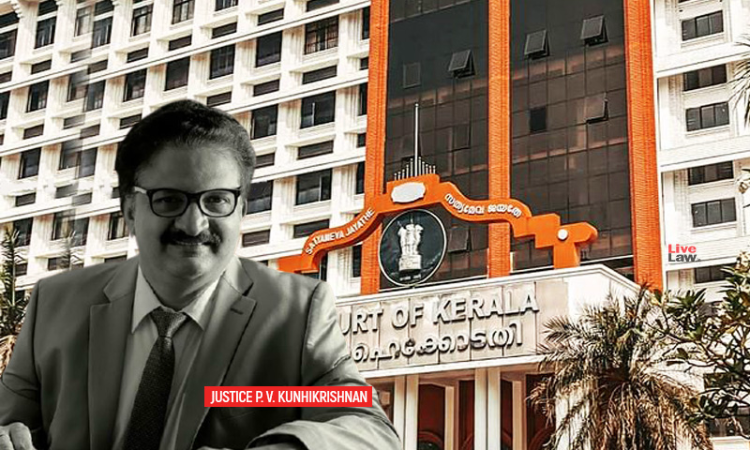Maintainability Of A Petition Can Be Contested Long After Its Admission: Kerala High Court
Hannah M Varghese
9 March 2022 10:08 AM IST

Next Story
9 March 2022 10:08 AM IST
The Kerala High Court on Monday ruled that the question of maintainability of a writ petition can be raised by the respondents years after its admission and even if an interim relief has been granted on the plea. However, Justice P.V. Kunhikrishnan clarified that a high court while exercising its powers under Article 226 of the Constitution should ensure that its decision is equitable to both...
